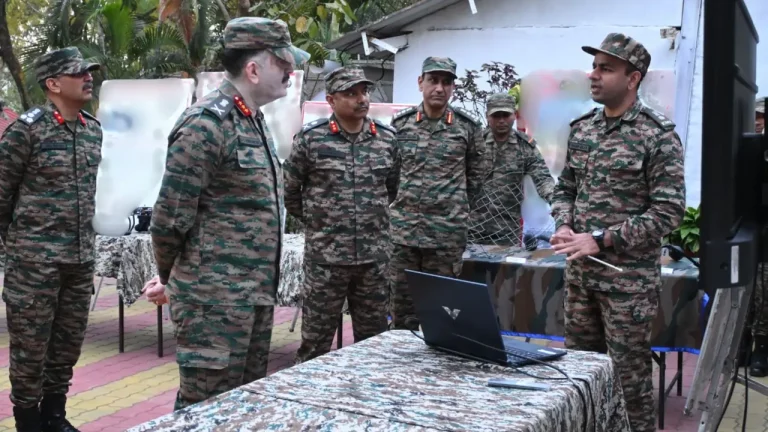A special CBI court in Mumbai has delivered a significant ruling in the high-profile 2010 Navy recruitment exam paper leak case, convicting and sentencing two key figures involved: former Indian Navy officer Ramesh Saini and coaching centre owner Rambir Rawat. Both have been given three years of rigorous imprisonment, with additional fines of ₹50,000 each. The court’s decision underscores the serious implications of their actions on the integrity of the recruitment process.
The individuals were convicted on multiple charges, including criminal conspiracy, cheating, forgery, and utilizing forged documents. This ruling reflects the court’s unwavering stance on the urgency of maintaining the fairness and integrity of recruitment examinations within public institutions.
The Central Bureau of Investigation (CBI) initiated its investigation in September 2010 after receiving credible information suggesting manipulation within the Navy recruitment exam. According to Special Public Prosecutor Sandip Singh, evidence revealed that Saini and Rawat had conspired to leak exam question papers and provided coaching based on these compromised materials at a Mumbai lodge. CBI officials conducted a timely late-night raid on September 25–26, 2010, unearthing critical evidence, including the leaked question papers and cash, that proved pivotal in the court’s conviction.
In their defense, the accused argued that the prosecution’s case largely relied on circumstantial evidence, claiming that it did not establish a direct link to their culpability. Nevertheless, the court found the evidence and testimonies sufficient to substantiate their guilt, emphasizing that the actions taken by Saini and Rawat had compromised the recruitment system.
In a notable aspect of the ruling, the court acquitted four other accused individuals, determining that the prosecution had failed to establish their involvement beyond reasonable doubt. This highlights the court’s commitment to ensuring that only those definitively connected to the crime face consequences.
The court’s judgment emphasized that tampering with recruitment examinations constitutes a direct threat to meritocracy and institutional integrity. It called for stringent measures to prevent similar offenses in the future, reiterating the necessity for transparent and fair recruitment systems to preserve public trust and uphold the principles of justice.







